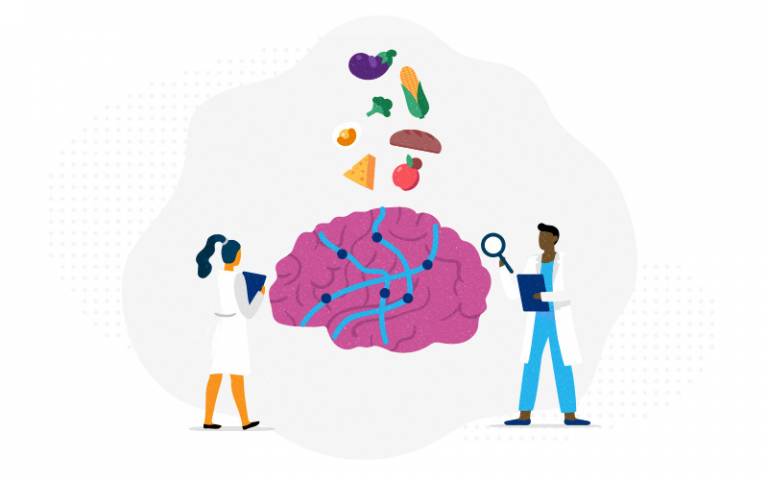
Have you lately started using anticonvulsants and encountered adverse drug reactions? If research data is to be believed, anticonvulsant drug side effects are fairly common; about 60% of individuals have at least one adverse effect. You may learn more about the side effects of anticonvulsants and seizure medications from this site.
Anticonvulsants are a class of drugs that control seizures by working through various methods. The majority of the time, the effects are slight and transient. A person’s dosage can often be changed to address these negative effects.
What are anticonvulsant side effects?
Unwanted effects of a medication are known as medication side effects. Anticonvulsants, sometimes referred to as antiepileptic medications or antiseizure medications, help control seizures but may cause unpleasant side effects as well as physical manifestations.
Seizures medications come in several varieties. They all have various side effects and function differently. Consult your physician to find out more about the particular adverse effects of drugs for epilepsy. Medication-related side effects that are frequently mentioned include headaches, nausea, anxiety, rashes, swollen gums, mood swings, hypersensitivity, trembling and shaking, fatigue, and drowsiness.
How long do anticonvulsant side effects stay?
Most of the time, antiseizure medication side effects resolve independently in a few weeks or months. Your body might need to adjust to the medicine, and you will begin to feel like yourself again after some time. There are some chronic, long-lasting side effects that you may notice over time. It is important to have a close eye on them.
Serious seizure side effects
The majority of anti-seizure medication side effects are uncomfortable and bothersome and go away on their own. However, there may be dangerous adverse effects from some epilepsy medications. An allergic reaction may be indicated if you have a rash anywhere on your body (this normally happens a few weeks after starting a new antiepileptic medication). If you take the medication as prescribed, you could have major health issues. Inform your physician right away if you experience a rash. A minor risk of renal damage is also connected to certain anticonvulsant medications. Blood tests will be performed by your doctor to make sure there are no underlying issues.
Do anticonvulsants affect cognitive functions?
Anticonvulsant medications sometimes have side effects in addition to preventing seizures. These drugs can also interfere with normal activity since they reduce the amount of stimulated nerve cells in the brain. The adverse effects of seizure medications can cause problems with thinking, paying attention, remembering to concentrate, finding the right words, or other cognitive symptoms. Some antiepileptic medications may also have an impact on a person’s energy level, mood, or cognitive or motor speed. Occasionally, these problems go away once the medication takes effect. Sometimes, though, they don’t. Make sure you share all concerns and how they are affecting you with your physician
Side effects & quality of life
Most side effects of epilepsy medications don’t have a significant impact on your health. Anything can be uncomfortable or inconvenient. It can be upsetting that some of these medications can cause weight gain. Drowsiness is another typical side effect of epilepsy medications. If you’re at college, working in an office, or both, this may be inconvenient. They might also be a factor in hair loss or decreased libido. Though not fatal, these side effects might have a negative influence on your quality of life. If you encounter them, you ought to consult your physician.

Side effects in special population
The following circumstances call for awareness of the potential negative effects of seizure medications:
Adolescents and babies might not be able to communicate their negative emotions to their parents. It is important to pay close attention to their behavior and symptoms.
Pregnancy: You should consult your doctor if you intend to become pregnant. This is because a baby’s health may be impacted by several anti-seizure medications.
Individuals who struggle with learning: Individuals who struggle with learning may also have trouble describing adverse effects.
A significant barrier to the effective use of antiepileptic medication is side effects.
The adverse effects of the medication are definitely unpleasant. It will be beneficial, though, if you continue taking your medication unless your doctor instructs you to stop. When you stop taking epilepsy seizures, your risk of having seizures increases.
What can your doctor do about anticonvulsant side effects?
Your doctor may attempt the following if side effects from antiseizure medication occur:
- Lowering dosage: Occasionally, an overabundance of the medication in your system causes negative effects.
- Altering rhythm: If you take your antiepileptic medication once daily, you may experience negative effects. Your bloodstream’s concentration of medication rises as a result. Your doctor could advise dividing the dosage into smaller quantities throughout the day.
- Changing medications: Experimenting with alternative seizure medications can be beneficial. More recent drug generations frequently have less adverse effects.
Keeping an eye on the adverse effects of the medication and discussing them with your doctor can be very beneficial.
Managing side effects
While side effects from antiepileptic drugs might be quite unpleasant, they usually go away as your body gets used to the medication. It’s always a good idea to discuss side effects with your doctor rather than stopping your therapy. You can create a strategy with your doctor to manage them.





